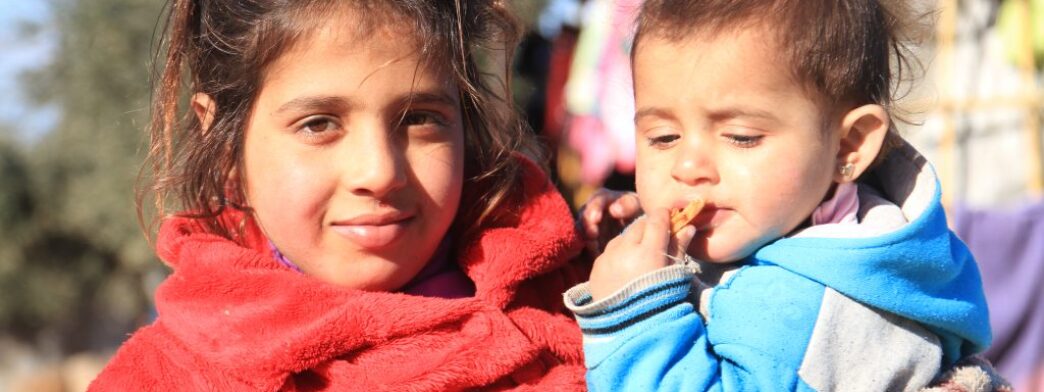How technology helps educate and protects children in Syria
October 16, 2017

The conflict in Syria has torn children’s lives apart in countless ways. Many have fled the country, but those who have stayed are trying to survive and continue living their lives.
For professionals who work with those children—such as teachers and healthcare workers—giving kids protection and a sense of stability becomes even more important. But how can they do so, when they have very limited resources and live in areas where help from the outside world cannot get through?
A project run by Save the Children and funded by the IKEA Foundation is using modern technology to support professionals in Syria, increasing their knowledge and skills so they can continue providing basic services for children.
These local organisations serve children and families in areas cut-off from outside help because of the conflict.
By strengthening local organisations, the project can immediately help protect and educate children in the most hard-to-reach areas. In the long term, though, the project will help children grow into strong, resilient adolescents and will strengthen local organisations so they can help.
The project is part of a €3.7 million grant the IKEA Foundation gave Save the Children in 2016 to help children in Syria.
Julika Riegler from the IKEA Foundation said: “The IKEA Foundation believes every child has the right to a safe place to call home and a healthy start in life—two rights that many grown-ups living in Syria are desperately trying to defend for the children in their communities.
“We have given several grants to organisations helping families who have fled Syria, but this programme is a way for us to invest in local Syrian organisations, so they can ensure children have the best chances possible to survive these horrifying circumstances and eventually rebuild their country.”


